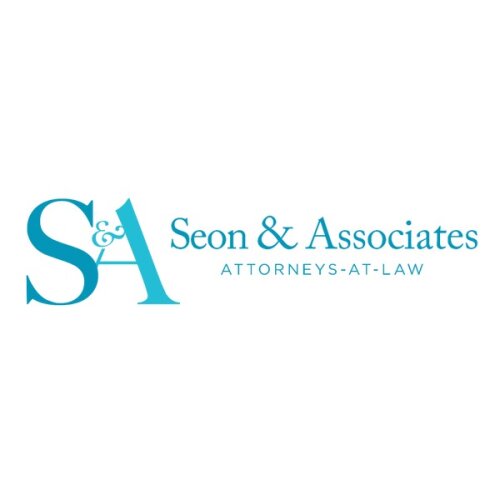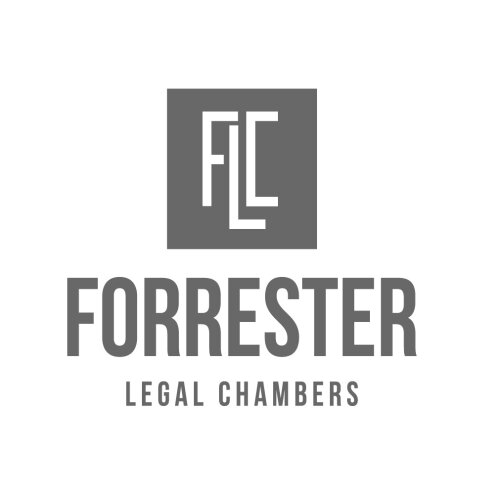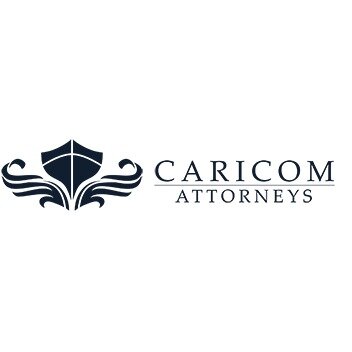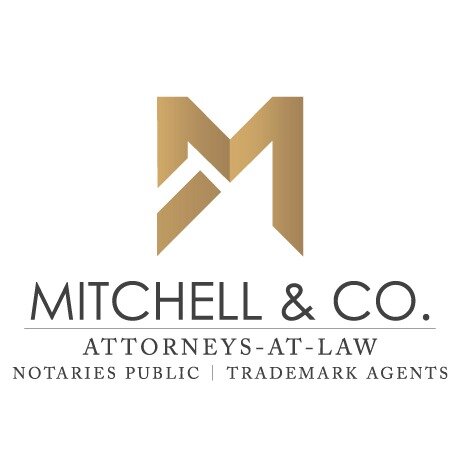Best FDA Law Lawyers in Grenada
Share your needs with us, get contacted by law firms.
Free. Takes 2 min.
Or refine your search by selecting a city:
List of the best lawyers in Grenada
About FDA Law in Grenada
FDA Law in Grenada refers to the statutes, regulations, and policies governing the safety, labeling, marketing, and distribution of food, drugs, cosmetics, and medical devices within the country. While Grenada does not have a government body called the Food and Drug Administration (FDA) as in the United States, the term is used to describe the local framework of laws and agencies responsible for regulating these products. Oversight is generally carried out by the Ministry of Health and other relevant governmental authorities. The aim is to protect public health by ensuring that consumable and medical products meet established safety and quality standards.
Why You May Need a Lawyer
Individuals or businesses may require legal assistance with FDA Law in Grenada for various reasons. You might be starting a business involved in food production, pharmaceuticals, or cosmetics, and need to ensure regulatory compliance. Importing or exporting these products also involves complicated restrictions and licensing requirements. If you are involved in a dispute regarding product safety, labeling violations, or have received warnings or penalties from regulators, it is crucial to seek legal counsel. Other situations include facing product recalls, defending against claims of false advertising, or needing advice on ingredient approvals. A lawyer with experience in FDA Law can help navigate the legal landscape, represent you before authorities, and mitigate the risk of non-compliance.
Local Laws Overview
Grenada’s legislative framework for FDA-type matters primarily involves the Food and Drugs Act, related regulations, and supporting public health ordinances. These laws govern the registration, importation, distribution, advertising, and manufacture of food, drugs, medical devices, and cosmetics. The Ministry of Health plays a central role in enforcement, carrying out inspections and overseeing the approval process for new and imported products. Key legal issues include requirements for labeling, ingredient safety, shelf life, contamination control, permitted substances, and advertising claims. Non-compliance can lead to products being seized, licenses revoked, or fines imposed. It is especially important for businesses to stay informed of evolving requirements, as international best practices and standards are increasingly influencing local law.
Frequently Asked Questions
What is FDA Law in Grenada?
FDA Law in Grenada refers to the collection of laws and regulations that govern the safety and quality of food, drugs, medical devices, and cosmetics. It is primarily administered by the Ministry of Health.
Who is responsible for enforcing FDA-type regulations in Grenada?
The Ministry of Health, supported by associated agencies such as the Environmental Health Department and Pharmacy Council, enforces these regulations.
Do I need to register my product before selling it in Grenada?
Yes, most foods, drugs, cosmetics, and medical devices must be registered and approved by the Ministry of Health before they can be sold in Grenada.
What are the penalties for selling unregistered or non-compliant products?
Penalties can include product seizures, fines, license suspension or revocation, and in some cases, criminal charges for serious breaches.
Are there specific labeling requirements for food and drug products?
Yes, products must adhere to strict labeling requirements regarding contents, origin, expiration dates, health warnings, and manufacturer information.
Can imported products be sold in Grenada without local approval?
No, all imports of food, drugs, cosmetics, and medical devices must comply with Grenadian regulations and often require specific import licenses or permits.
What should I do if my product is recalled or challenged by the authorities?
Seek legal advice promptly, cooperate with regulators, and take immediate steps to remediate the issue. Your legal counsel can help communicate with authorities and protect your interests.
How can I ensure my business stays compliant with FDA laws in Grenada?
Consult with legal professionals specializing in FDA Law, keep up to date with changing regulations, and implement robust internal compliance and quality control programs.
Is approval from foreign agencies like the US FDA or EU sufficient in Grenada?
No, while such approval may be helpful, Grenada has its own requirements. Products must still go through the local approval and registration process.
Where can I find a qualified FDA Law lawyer in Grenada?
You can contact the Grenada Bar Association for a referral or inquire with legal firms specializing in regulatory, health, or trade law.
Additional Resources
- Ministry of Health, Social Security and International Business - the principal regulatory authority for food and drug matters - Environmental Health Department - responsible for the inspection of food establishments and enforcement of hygiene standards - Grenada Pharmacy Council - regulates pharmaceutical practices and standards - Grenada Bureau of Standards - involved in developing and enforcing quality standards - Grenada Bar Association - for finding experienced local lawyers - OECS Regional Health Desk - provides support on public health and harmonization of drug registration across the region
Next Steps
If you require legal assistance with FDA Law in Grenada, begin by collecting all relevant documentation, such as product details, licenses, correspondence with authorities, and inspection reports. Reach out to an experienced legal professional or firm specializing in FDA Law and regulatory matters. They can help you understand your obligations, respond to any ongoing issues, and develop a compliance strategy for your business. Keeping proactive and well-informed will prevent costly mistakes and ensure your operations remain on the right side of Grenadian law.
Lawzana helps you find the best lawyers and law firms in Grenada through a curated and pre-screened list of qualified legal professionals. Our platform offers rankings and detailed profiles of attorneys and law firms, allowing you to compare based on practice areas, including FDA Law, experience, and client feedback.
Each profile includes a description of the firm's areas of practice, client reviews, team members and partners, year of establishment, spoken languages, office locations, contact information, social media presence, and any published articles or resources. Most firms on our platform speak English and are experienced in both local and international legal matters.
Get a quote from top-rated law firms in Grenada — quickly, securely, and without unnecessary hassle.
Disclaimer:
The information provided on this page is for general informational purposes only and does not constitute legal advice. While we strive to ensure the accuracy and relevance of the content, legal information may change over time, and interpretations of the law can vary. You should always consult with a qualified legal professional for advice specific to your situation.
We disclaim all liability for actions taken or not taken based on the content of this page. If you believe any information is incorrect or outdated, please contact us, and we will review and update it where appropriate.
Browse fda law law firms by city in Grenada
Refine your search by selecting a city.













